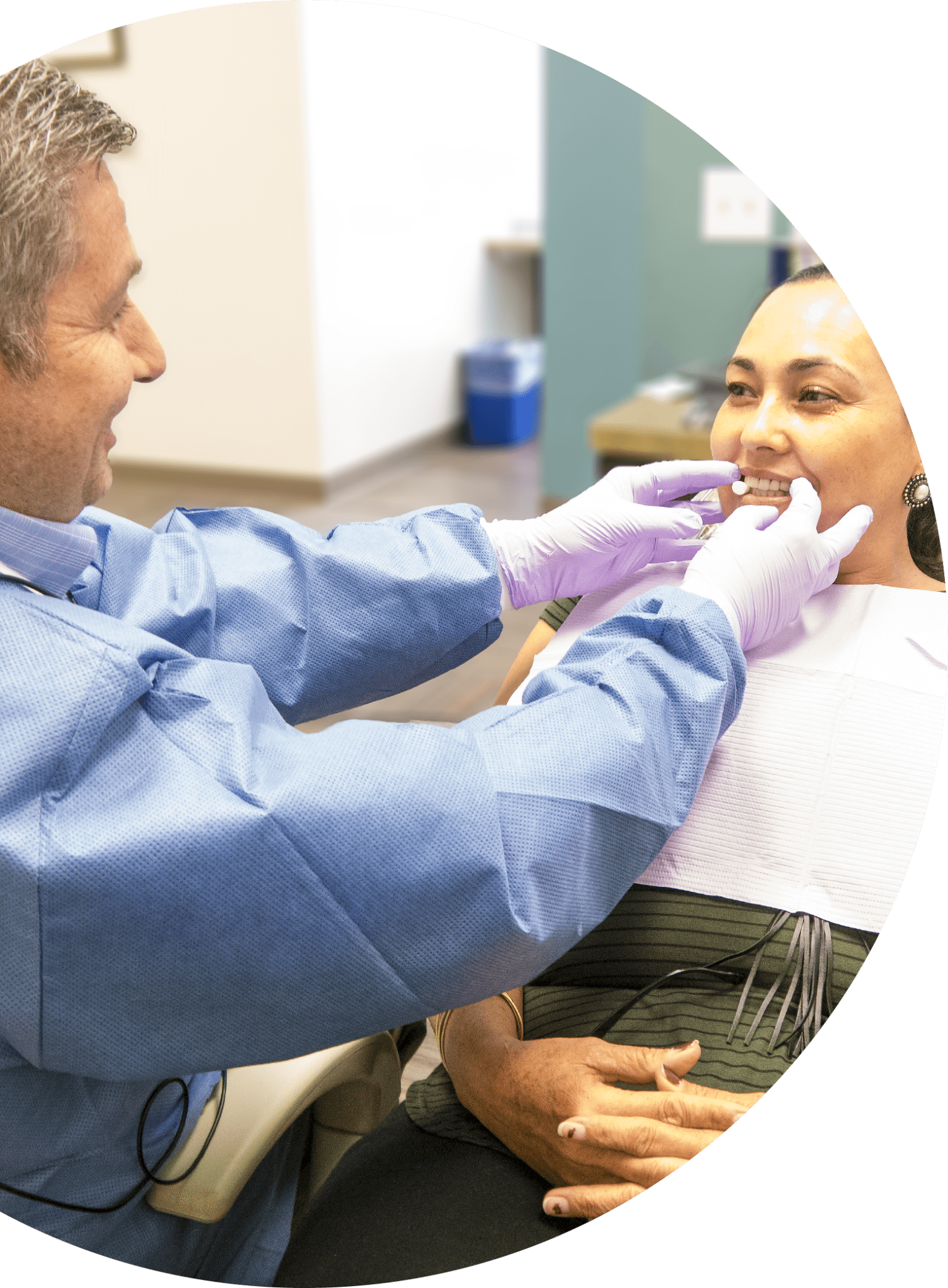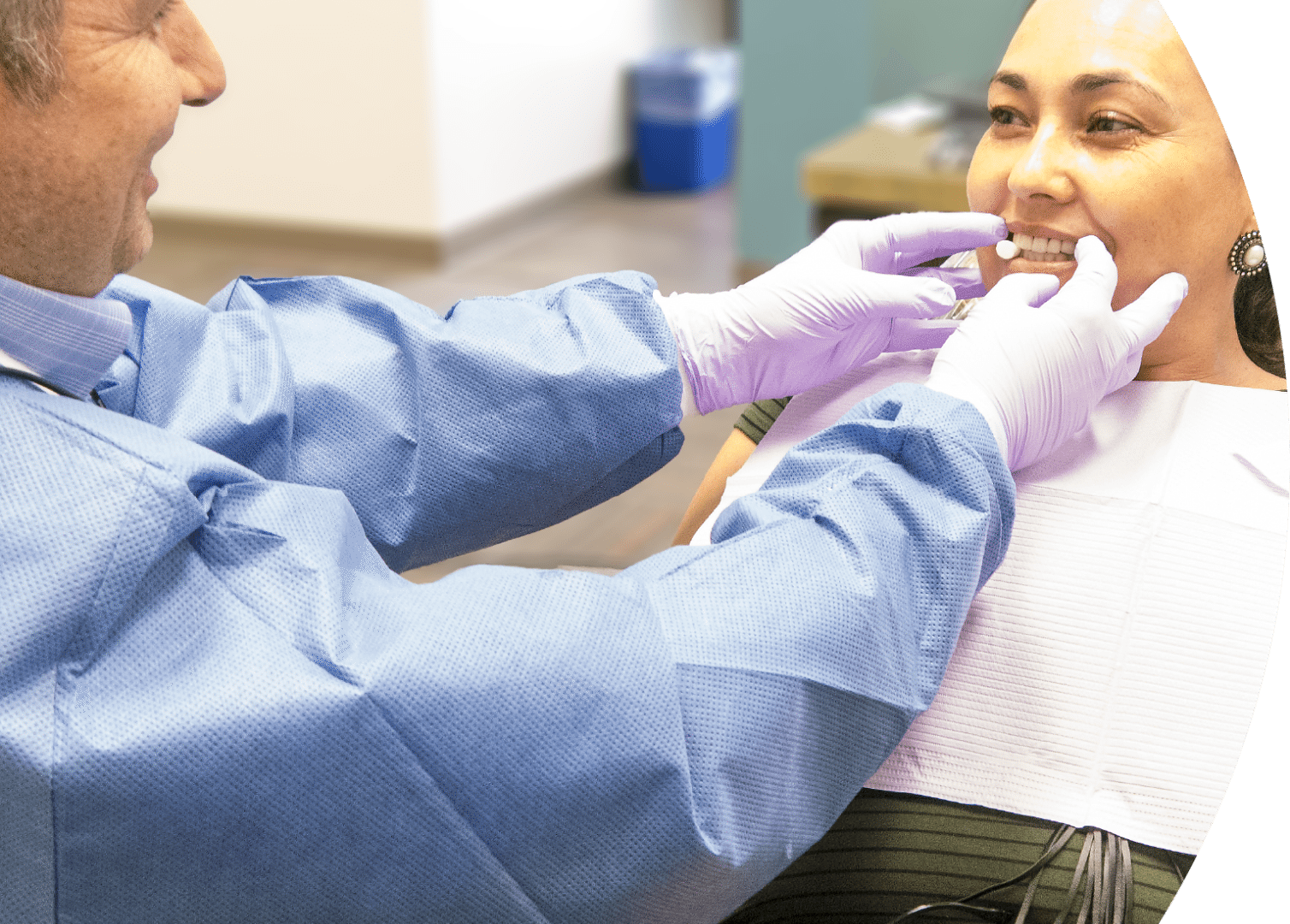How did the necessity of taking care of our teeth become the standard by which we measure unpleasant tasks?
The truth is, when we take the time to care for our teeth, including regular dental exams, it’s not unpleasant at all. Proper dental hygiene prevents problems we dread, like tooth decay, gum disease, and worse. In fact, poor dental health can be indicative of other health problems, like diabetes and heart disease.
Make sure you’re covering the basics with these tips from the Oral Health Foundation.

Keep up Daily Habits:
Visit your dentist regularly, as often as they recommend. If you’re nervous about visiting the dentist, let them know so they can put you at ease. Or you may want to take a friend with you for support or listen to music or a podcast to help you relax. While there, ask your dental hygienist for tips on preventing dental problems.
Brush your teeth before bed and at least one other time during the day with a fluoride toothpaste for at least two minutes each time. Fluoride helps strengthen tooth enamel making it more resistant to tooth decay.
If you want help timing yourself, consider downloading an app like BrushDJ, which lets you program and play back two minutes of your favorite songs at brushing time.
If you use mouthwash, don’t use it directly after brushing as you rinse away the fluoride from your toothpaste.
Clean in between your teeth at least once a day using interdental brushes or floss.
Change your toothbrush every two to three months or sooner if it becomes worn as it will not clean the teeth properly. Consider an electric toothbrush to help remove plaque.
Pro-Tip: To check if you have bad breath lick your wrist, let it dry and give it a sniff, if it smells your breath probably does too.

Make Smart Food Choices:
A varied diet that is rich in vitamins, minerals, and fresh fruit and vegetables can help to prevent gum disease.
Finishing a meal with a cube of cheese is a great, and tasty, way to reduce the effect of acids from the foods damaging your teeth.
Chew sugar-free gum after eating or drinking, especially sugary foods, to help protect your teeth and gums in between meals.
Avoid snacking and try to only have sugary foods and drinks at mealtimes, reducing the time your teeth come under attack.
If you have a sweet tooth try to choose sugar free sweets and drinks which contain xylitol as it can actively contribute to your oral health.

Help Your Kids Develop Good Dental Health Habits:
Weaning your baby off the bottle early can help them avoid developing dental problems.
Take your child to the dentist early, as soon as their teeth start to appear, this will help them get used to the sights, sounds and smells of a dental practice.
All children up to three years old, should use a smear of toothpaste with a fluoride level of no less than 1000ppm (parts per million). After three years old, they should use a toothpaste that contains 1350ppm -1500ppm.
Parents should try and supervise your children’s tooth brushing until they are about 7 years old.
Use a timer or brush along to a song to ensure your children are brushing for the correct amount of time. The alphabet song takes about 30-seconds, so singing it through four times gets the job done!
Use a reward chart to track your children’s brushing habits and get them actively involved in brushing their teeth.
Use chewable color tablets to show areas of your children’s mouth that may need better brushing.
And remind them that even the Tooth Fairy wants them to take care of their teeth!
If you love your smart phone, Click Here to check out these apps for fostering good dental health.
